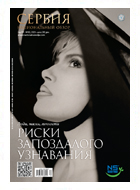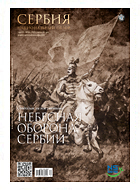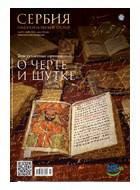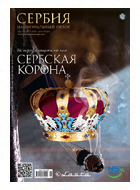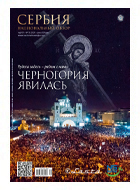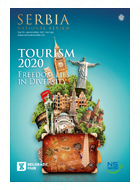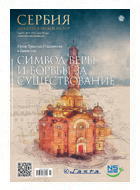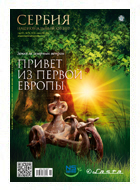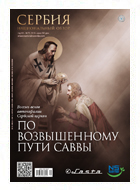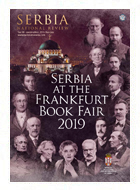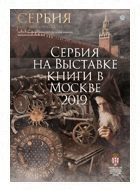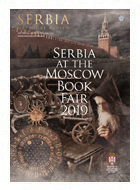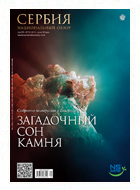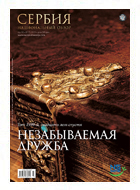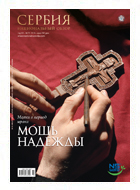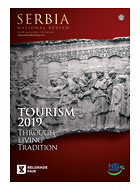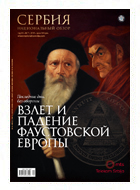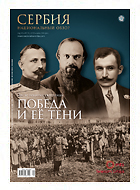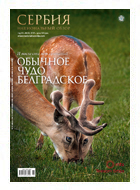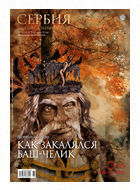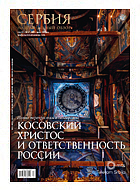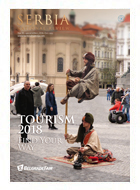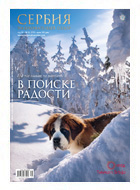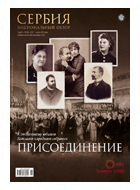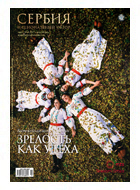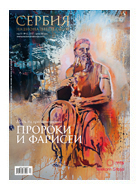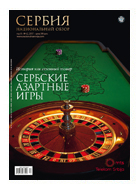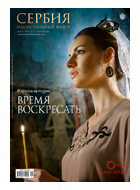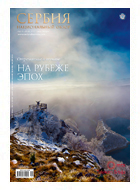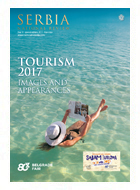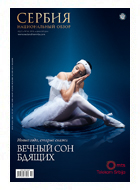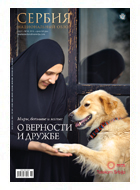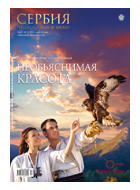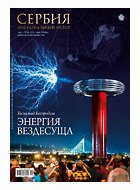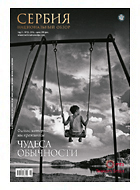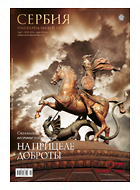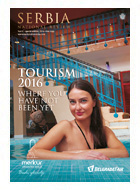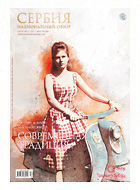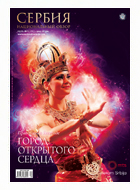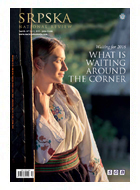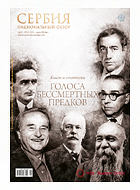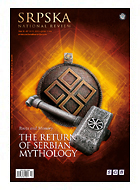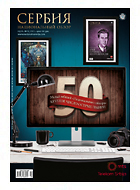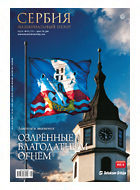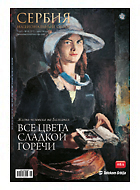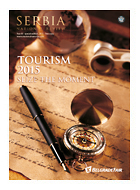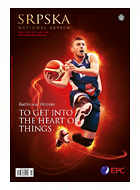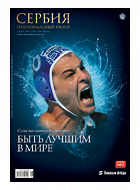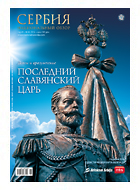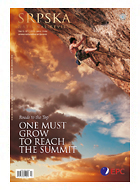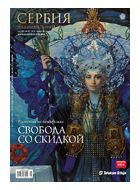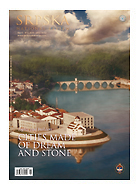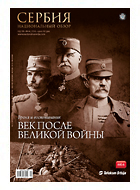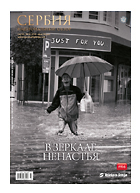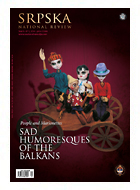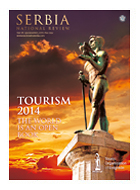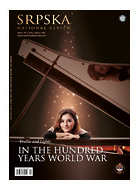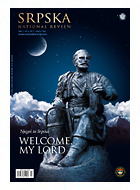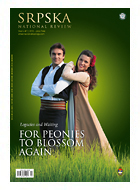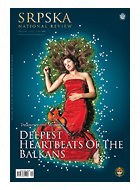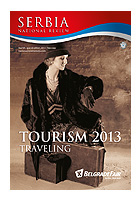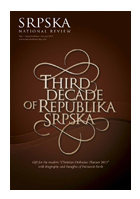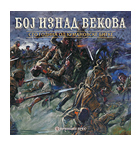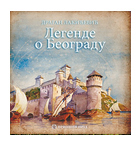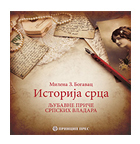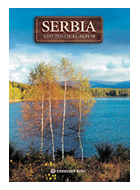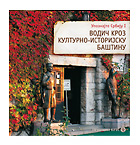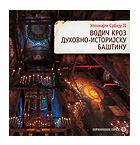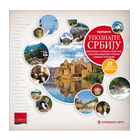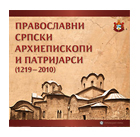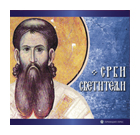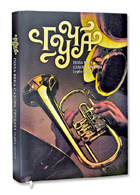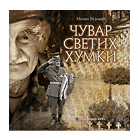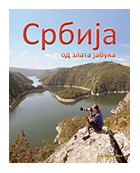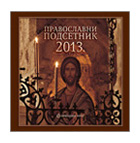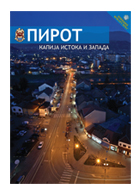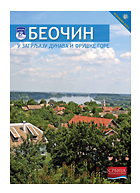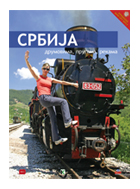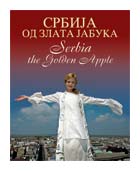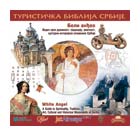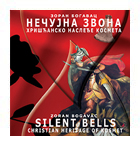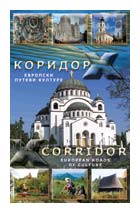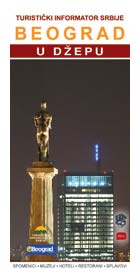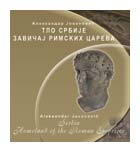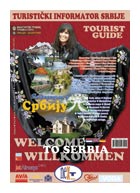
Prologue
SYMBOLS AND STEREOTYPES
Serbia in its life size
By: Branislav Matić
Psychologists and politicians say that people, nations and especially countries, in overwhelming majority, systematically produce and spread positive stereotypes about themselves. Our case is different: we are the biggest producers and consumers of what the experts call negative auto-stereotypes. You can constantly see us and hear us telling the worst possible things about ourselves. And each one of us, after some rethinking, could easily catch himself in such a masochistic situation.
At the same time, after 88 years of living in wider national groups (like 88 roses for Tito) Serbia is entering a completely new historical époque ― an époque that should be a symbol of the great return to our proper being. We can see how we are getting used to our own state name, practicing emotional identifying with our own symbols; many among us learn the words of the national anthem in their old age. After all the centuries marked by our history and culture we are hysterically trying to agree about our national brands and they should be presented, how should we re-brand our own country.
Here, everything is endangered, or could be endangered during the circus performance of our irresponsible daily political scene. Everything can be easily denied or laughed at, even the thing without which we would never exist. The leading ideological model imposes a system of values by which the most important thing for all of us is the consumer’s basket. Many of us now sadly understand Pythagoras’ thought: “When you lose the Essence, there is a feeling of shallowness”. While we are trying to reach secure ground under our feet, a simple formula appears in front of us, born in the same non-hypocritical head in which modern politics was born back in the 15th century: “When disturbance and chaotic withdrawal begin in the middle of a battle there is only one solution: call to the colors!”
A SMILING SERIOUSNESS
That is just the idea of the second issue of the Review standing in front of you. Aware of everything and smiling in spite of everything, she will defend us where we feel the most insecure: in our own eyes, in front of ourselves, from ourselves. She will give us irrefutable proof that we live in a beautiful and important country ― the most important country in the world for us. She will teach us to find the positive, good and beautiful things in our lives, towns, streets and squares, buildings, on people’s faces which we meet every day. She will help us to restore our “self-respect, which is the basis of every fine self-confidence”. The National Review would not offer you ignorant and worthless things. She will look with the eyes of love but with the eyes of reality. She is cheerful but not reckless, serious but not difficult, uncomplicated but competent”. It will be organized in a way that all generations and all social layers can understand it.The last thing, which is probably the most important one, National Review will represent Serbia as a totality, just as it is, big or small, everyone in his own way. It will not identify Serbia as the first and the second, the urban and the rural, the modern and the traditional, the young and the old, the right and the left, the national and the international, the Serbia of “Guča” and the Serbia of “Exit”.
It will be the review of a simple, beautiful, our and normal Serbia.
By method and by genre, by style and poetically, the National Review will be the symbol of the Great Synthesis. It will join tourism, traveling, resources, heritage, culture and art, symbols, stories, dreams, people, towns, phenomenon, melodies, époques, cuisine, wine — uniting the virtues of all existing models — the National Review will represent a new and a necessary model for us.
There is more and more trash, aggressiveness, bad taste, stupid vanity, negativity around us. That kind of banal improvisation, the imitation of life...
That is why nobility, calmness, fine taste, constructive and positive thinking are much stronger and more convincing, even if they remain in minority. And they are more fruitful.
For all this, what we have presented is not only a model for a magazine but a model for responsible state politics. But other people will deal with that. Uniting with its readers, the National Review is inviting you again: Find yourself on the stunning image of Serbia, the most beautiful country in the world!
“If a man is a gentleman, he knows just enough. If he is not, then everything he knows is not good for him.”
|
